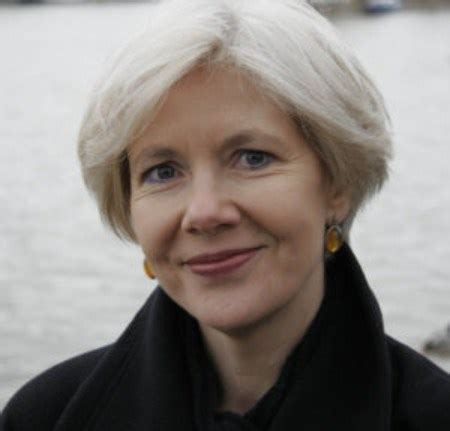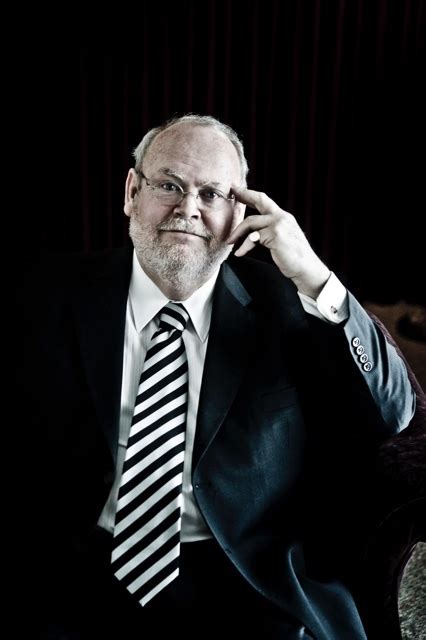A Quote by Franz Schubert
No one really understands the grief or joy of another. We always imagine that we are approaching some other, but our lines of travel are actually parallel.
Related Quotes
I think everyone understands grief, the journey it takes us on, whether it's the death of a loved one, the end of a relationship, a disappointment. Some people don't deal with it, the power of it. Some do. Some feel the weight of it and it informs their choices. I've had to open up to grief in different contexts.
It is a strange paradox that while the grief of football fans(and it is real grief) is private - we each have an individual relationship with our clubs, and I think that we are secretly convinced that none of the other fans understands quite why we have been harder hit than anyone else - we are forced to mourn in public, surrounded by people whose hurt is expressed in forms different from our own.
As I travel around the world, it's fascinating; European leaders, Asian leaders, they all say to me, America is actually poised to be the world leader for another century - if we can fix some of this political dysfunction. ... We've got a lot of national security challenges, but if we get our economy together, and if we can get our political system to work well, I am really confident about our future.
Imagine how our own families, let alone the world, would change if we vowed to keep faith with one another, strengthen one another, look for and accentuate the virtues in one another, and speak graciously concerning one another. Imagine the cumulative effect if we treated each other with respect and acceptance, if we willingly provided support. Such interactions practiced on a small scale would surely have a rippling effect throughout our homes and communities and, eventually, society at large.
Another misconception is that if we truly loved someone, we will never finish with our grief, as if continued sorrow is a testimonial to our love. But true love does not need grief to support its truth. Love can last in a healthy and meaningful way, once our grief is dispelled. We can honor our dead more by the quality of our continued living than by our constantly remembering the past.





































